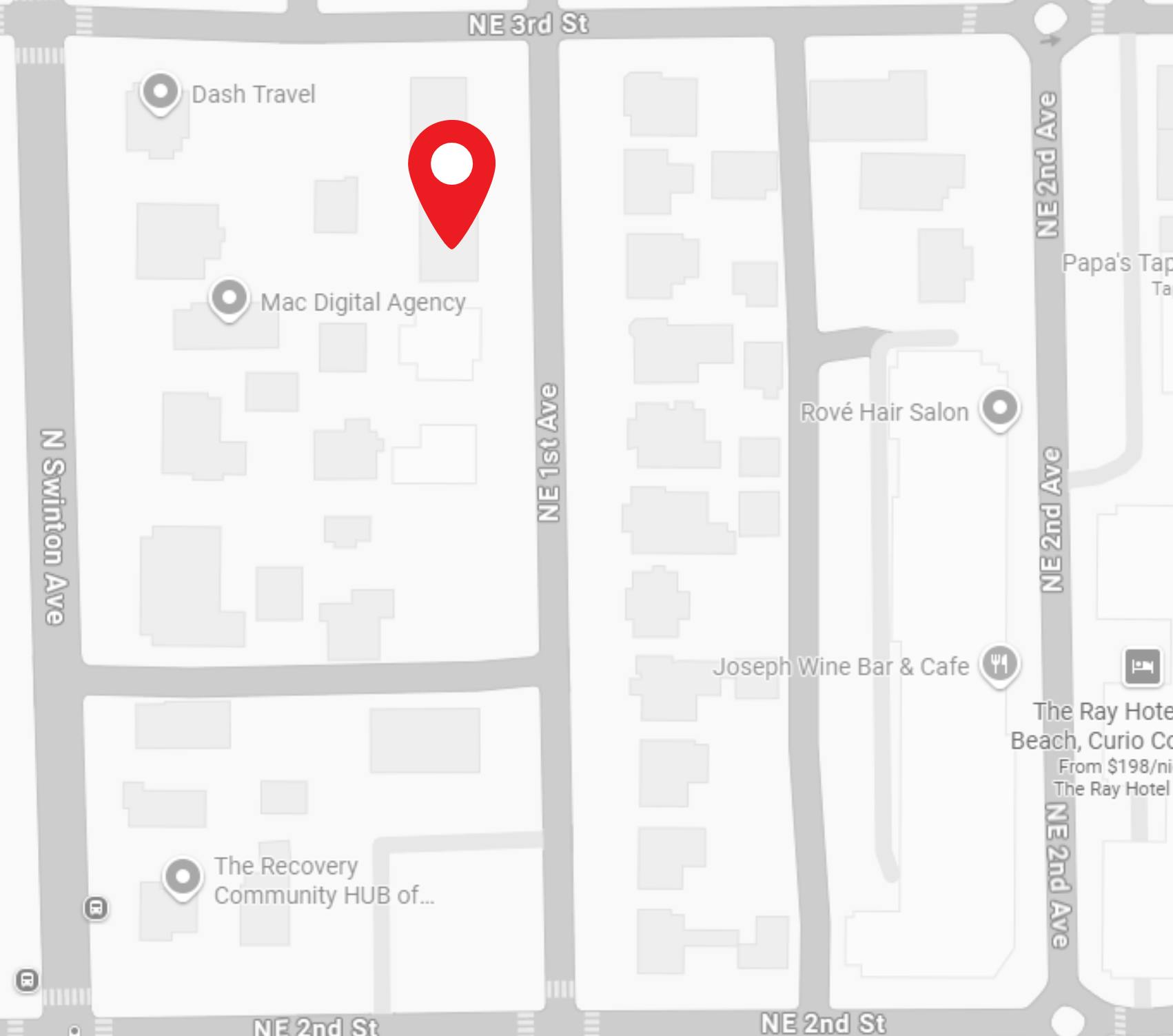What Kinds of Sexual Abuse Cases Have Been Brought Against the LDS Mormon Church?
Sexual abuse claims are one of numerous types of Mormon Church scandals, with these specific cases including touching and non-touching acts. Child sexual abuse is usually a slow and ongoing process, too, involving emotional and mental manipulation or grooming. When perpetrators groom their victims, they seek to build a relationship based on trust and a strong emotional connection, allowing them to easily manipulate, exploit, and abuse the child. The non-profit organization Stop It Now defines sexual abuse as “an adult [engaging] in any sexual behavior (looking, showing, or touching) with a child to meet the adult’s interest or sexual needs.” Additionally, the organization states, “Sexual abuse does not have to involve penetration, force, pain, or even touching.” Sexual abuse actions involving physical contact or touching include the following:
- Touching a child’s genitals or private parts for sexual gratification
- Making a child touch their genitals or someone else’s genitals
- Penetration with objects or body parts, vaginally, orally, or anally
Sexual abuse actions involving no physical contact include the following:
- Showing pornography to a child or creating pornographic materials involving children (e.g., photographing a child in sexual or suggestive poses and situations)
- Intentionally exposing your genitals or another adult’s genitals to a child
- Making a child witness sexual acts (e.g., masturbating in front of a child)
- Inappropriately watching a child undress, bathe, or do other activities without clothes
Children experiencing grooming for sexual abuse might show the following signs:
- Being secretive or withdrawn
- Having new “gifts”
- Engaging in reckless behaviors (i.e., using drugs and alcohol or taking risks)
- Being upset or distressed
- Spending time away from home or apart from family (i.e., opting to be alone)
- Exhibiting sexualized behaviors
- Feeling anxious or depressed
- Acting out with self-harming behaviors
- Feeling ashamed or guilty
- Suffering from eating disorders
- Struggling to cope with stress
- Finding it difficult to maintain relationships with family and friends
- Being diagnosed with sexually transmitted infections (STIs)
- Becoming pregnant
- Having suicidal thoughts










